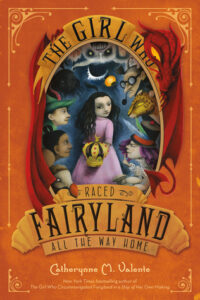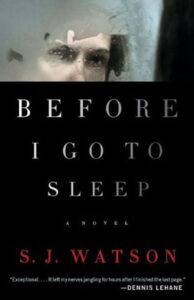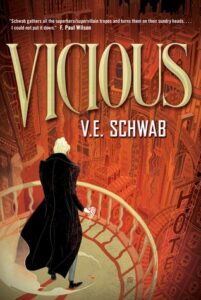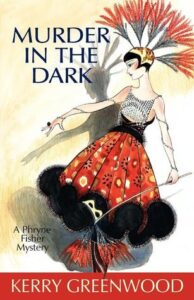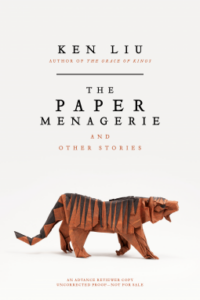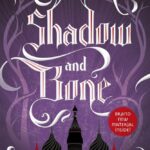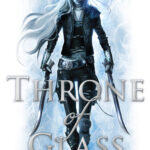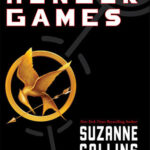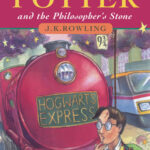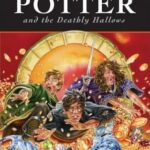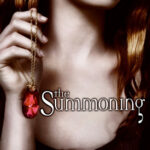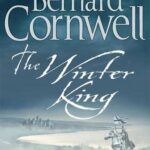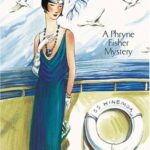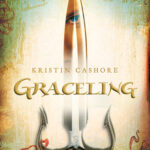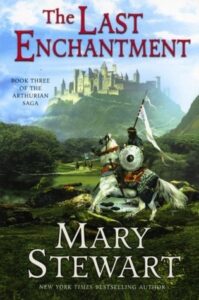You know how I said last week there was a bookalanche? Well, it seems to have… set off another? Plus I got some review copies. And I joined a new library. At least I read quite a lot too?!
Books to review:
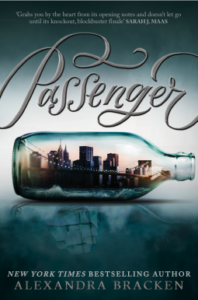
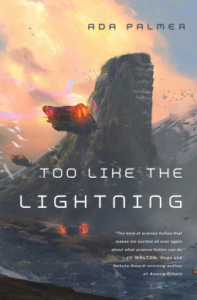
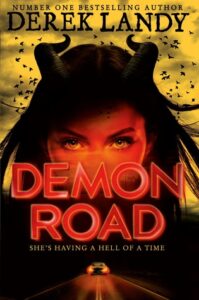
Between being a fan of Ada Palmer’s work with Sassafrass and Jo’s praise, I couldn’t resist picking up the latter, and I’ve seen so much enthusiasm about Passenger, so I thought I’d give it a try. And Demon Road, well, the hardback from the library is a beast so glad to have the ebook. Thanks Tor, Hachette and HarperCollins!
Library books:
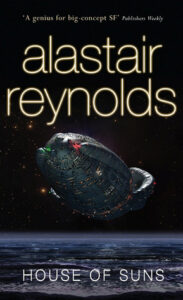
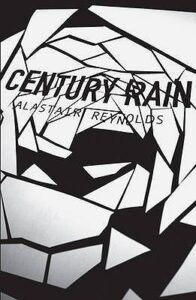
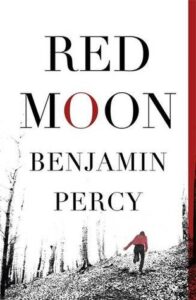
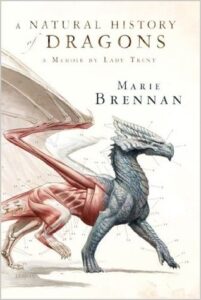
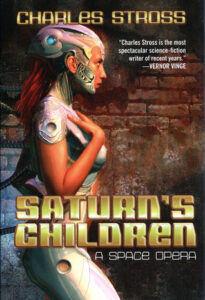
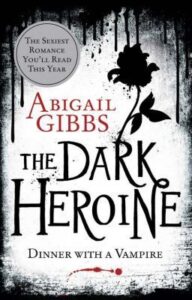
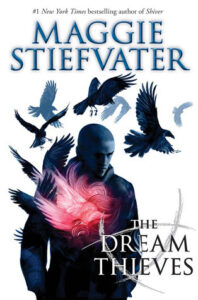
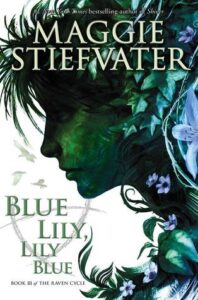
Grabbed the Stiefvater books since it’s the first time I’ve seen them both on the shelves, and I don’t know when I’ll next swing by that library. The Alastair Reynolds books are for my epic reread with my sister; we’re starting with Century Rain, which is the book we both started with way back when (and the book which got my sister to read again after years of refusing). A Natural History of Dragons is for a reread and Saturn’s Children because I don’t feel like reading in ebook lately. The other two I was just randomly curious about.
Books bought:
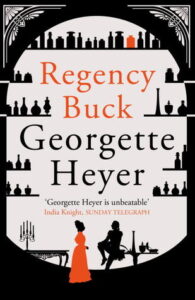
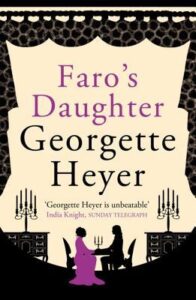
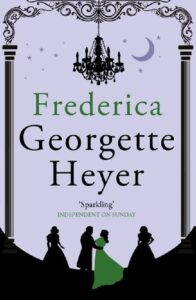
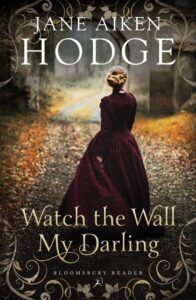
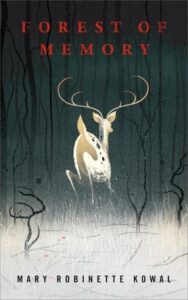
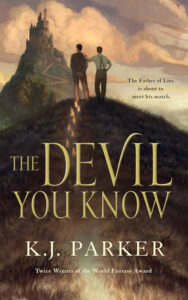
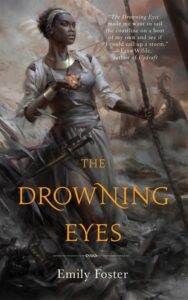

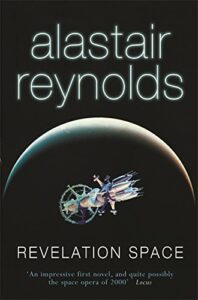
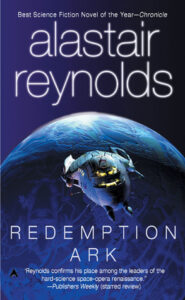
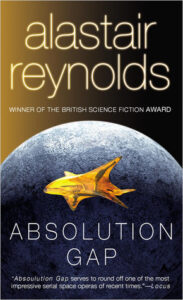
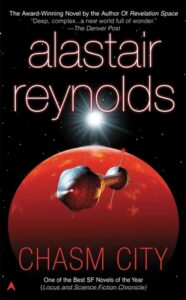
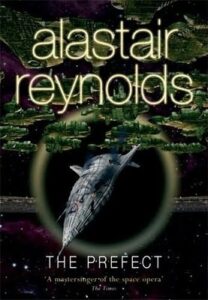
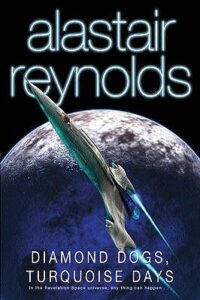
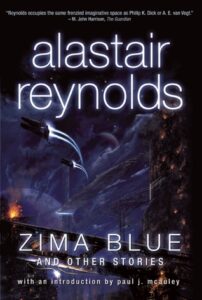
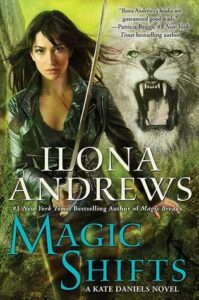
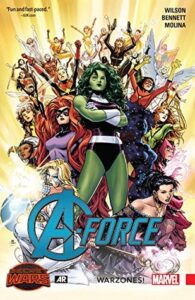
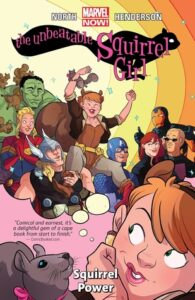

Um. My only excuse is that some of these were secondhand and thus very cheap or free, and then the novellas were from my partner via our Valentine’s Day agreement (for me: £10 ish for books, no questions asked, each month; for her: at least one nap, no pouting allowed, each month). You can see four distinctive sections — romance novels, fantasy novellas, Alastair Reynolds, and kickass ladies in comics. And then an Ilona Andrews one tacked on that I almost forgot to list.
Books read:

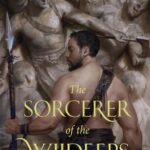
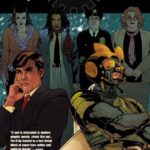


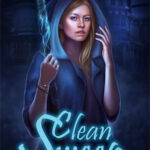


Reviews this week:
–Tolkien: An Illustrated Atlas, by David Day. Mostly worth it for the art included. 3/5 stars
–An Earthly Knight, by Janet McNoughton. A reread I appreciated more than I did the first time, based on the ballad of Tam Lin. Lots of historical detail. 4/5 stars
–The Last Enchantment, by Mary Stewart. It felt like Stewart tried to see the best in all the traditional characters, which didn’t always work. 3/5 stars
–The Paper Menagerie, by Ken Liu. Interesting collection of stories, and my only real problem was something about the tone. Probably very idiosyncratic! 3/5 stars
–Murder in the Dark, by Kerry Greenwood. One of the weaker entries in the series, I think, with a weird cult thing going on. 3/5 stars
–Vicious, by V.E. Schwab. Loved it, loved it, loved it. Morally dubious superpeople and a fun story structure. 5/5 stars
–Flashback Friday: Before I Go To Sleep, by S.J. Watson. Fairly typical amnesiac thriller, and rather predictable too. 2/5 stars
Other posts:
–Spoilers! A post on why I like spoilers and why I might not be alone in that.
–Top Ten Tuesday: Ten Characters Everyone Likes But I Just Don’t Get. Apparently it’s unpopular opinions time again?
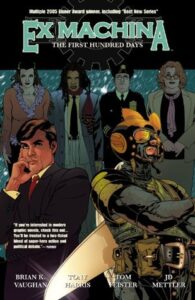 Ex Machina: The First Hundred Days, Brian K. Vaughan, Tony Harris, Tom Feister, JD Mettler
Ex Machina: The First Hundred Days, Brian K. Vaughan, Tony Harris, Tom Feister, JD Mettler
